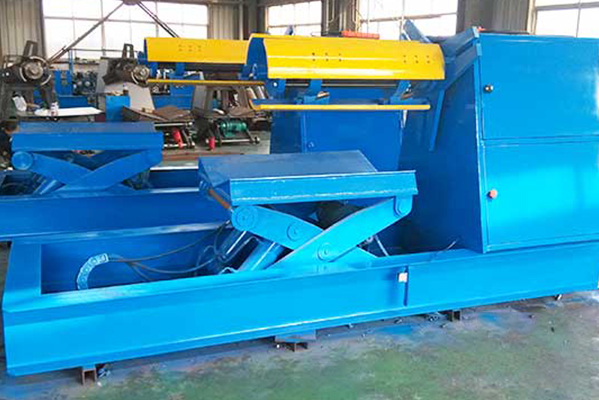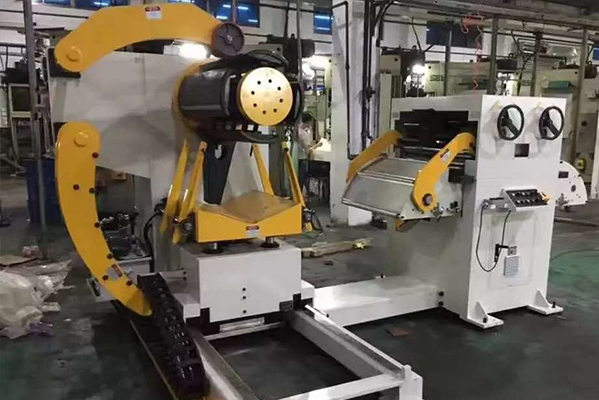Navigation Menu
Contact Us
- Email:
- info@wxavatar.com
- Address:
- Yurong Village, Yuqi Street, Huishan District, Wuxi, China.
Release Date:Oct 25, 2024 Visit:176 Source:ZCM
Roll forming machines have become indispensable tools in various industries, offering precision and efficiency in the manufacturing of metal components. These machines utilize a series of rollers to progressively bend and shape flat metal sheets into desired cross-sectional profiles. Their versatility and adaptability make them suitable for a wide range of applications across different sectors.

In the automotive industry, roll forming machines play a crucial role in the production of structural components such as frame rails, roof rails, and door beams. The precision achieved through roll forming ensures that these components meet the stringent safety and performance standards required in modern vehicles. Additionally, the continuous process allows for high production volumes, which is essential in the competitive automotive market.
The construction industry also benefits significantly from roll forming machines. They are used to manufacture steel beams, columns, and other structural elements that are vital for building stability and durability. The ability to produce these components in long lengths with consistent quality reduces the need for welding and other secondary operations, thereby saving time and costs. Furthermore, roll formed steel products offer excellent corrosion resistance and can be easily customized to meet specific design requirements.
The furniture industry has also embraced roll forming technology for the production of metal frames, legs, and other components. The machines can create intricate shapes and designs that add aesthetic value to furniture pieces while maintaining structural integrity. The precision of roll forming ensures that each piece fits together perfectly, enhancing the overall quality of the finished product.
In the aerospace industry, roll forming machines are used to manufacture components that must withstand extreme conditions. These include landing gear components, aircraft frames, and other structural parts. The high strength-to-weight ratio of roll formed metals makes them ideal for aerospace applications, as they can support heavy loads while minimizing overall weight.
The electrical industry also relies on roll forming machines for the production of conduits, cable trays, and other electrical components. The machines can create smooth, seamless surfaces that are essential for the protection and organization of electrical wiring. The ability to produce these components in various sizes and shapes allows for greater flexibility in electrical system design.
The agricultural industry benefits from roll forming machines through the production of equipment such as tractor frames, fence posts, and grain bins. The durability and strength of roll formed metals ensure that these agricultural tools can withstand the rigors of daily use in harsh environments.
In addition to these industries, roll forming machines are also used in the manufacturing of appliances, HVAC systems, and other consumer goods. The precision and efficiency of these machines make them valuable assets in any manufacturing environment that requires the production of metal components.

Overall, roll forming machines have a wide range of applications across diverse industries. Their ability to produce high-quality metal components with precision and efficiency makes them essential tools in modern manufacturing. As technology continues to advance, roll forming machines will likely find even more applications, further expanding their role in various sectors.